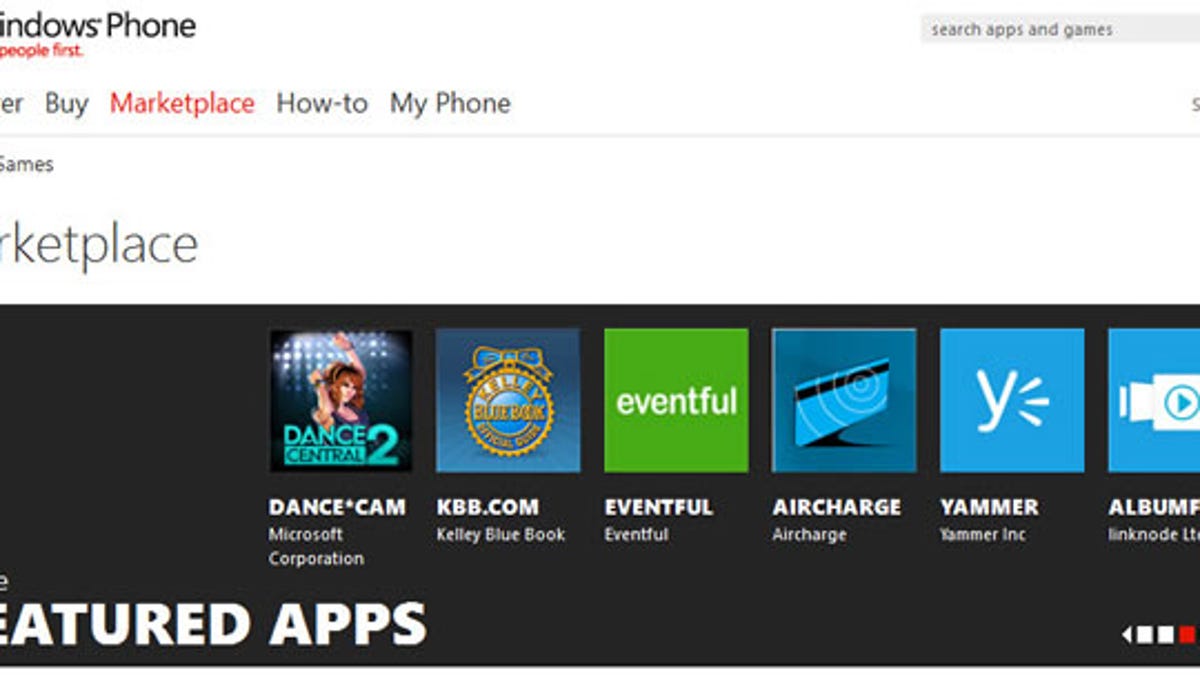Microsoft still paying developers to create Windows Phone apps
Trying to push forward with Windows Phone, the company continues to help developers create apps by providing financial incentives.

Microsoft has in the past acknowledged that it pays mobile developers to help them create apps for its Windows Phone platform.
That practice is now even more alive and well as both Microsoft and Nokia struggle to make a dent in a competitive marketplace with Windows Phone and the new Lumia lineup, according to the New York Times.
Microsoft has eagerly contributed money to developers, anywhere from $60,000 to $600,000, to help build apps. That's the type of cash the developers themselves could never raise on their own.
As just one example noted by The Times, the makers of the popular Foursquare app admitted that they could never have built a version for Windows Phone had Microsoft not contributed money toward its development.
"We have very limited resources, and we have to put them toward the platforms with the biggest bang for our buck," Holger Luedorf, Foursquare's head of business development, told the Times. "But we are a social network and it is incredibly important for us to be available on every platform."
Such an incentive also points out a key difference between Microsoft and its dominant rivals. Neither Apple or Google need to pay developers to create apps for their mobile landscapes. Developers are eager to write software for both platforms, which can guarantee them a healthy chunk of sales. But with its stagnant market share, Windows Phone needs all the help it can get.
Even with Microsoft's incentives, some developers are still reluctant to write apps for Windows Phone, considering it a lower priority, at least for now.
Microsoft and Nokia are both hoping for heavy consumer interest for the new Lumia 900 phone, which is just hitting the U.S. courtesy of AT&T. If Windows Phone can gain more traction this year and reclaim some of its lost market share, then developers may be more apt to give it a higher priority.
Sonos, which makes remote controls apps for Apple and Android, doesn't know when it might release a comparable Windows Phone version, the Times added. But it's keeping its options open and thinks the platform may just succeed.
"We're definitely watching it carefully," Sonos CEO John MacFarlane told the Times. "We believe it's going to be a player."

